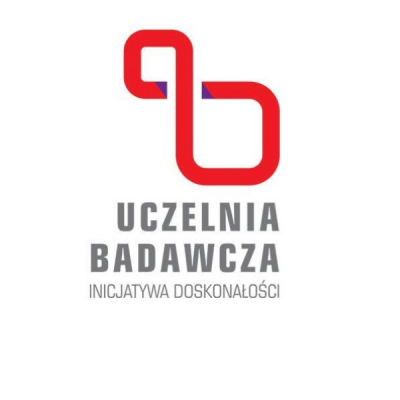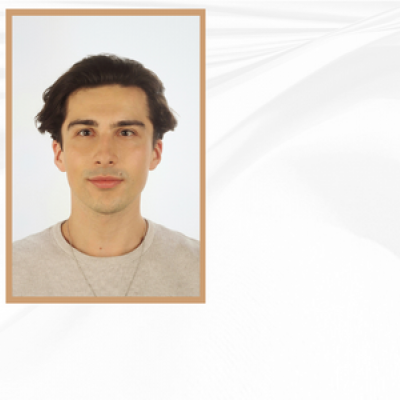Wykłady otwarte czołowych ekonomistów kultury na świecie w ramach I Polskiej Konferencji Ekonomii Kultury [24.11.2022]
Serdecznie zapraszamy na wykłady otwarte czołowych ekonomistów kultury na świecie, które odbędą się 24 listopada 2022 w ramach I Polskiej Konferencji Ekonomii Kultury:
- 10:00 – 10:50: „Economic History of the Arts and its Relevance for Nowadays. An Introduction to an Emerging Branch of Cultural Economics” (prof. Karol Borowiecki, University of Southern Denmark)
- 15:00 – 16:30: „Values of Arts and Culture” (prof. Trine Bille, Copenhagen Business School, President of Association for Cultural Economics International)
Wykłady będą dostępne stacjonarnie i online:
- stacjonarnie: w auli 0.410 nowego budynku naukowo-dydaktycznego Wydziału Neofilologii Uniwersytetu Warszawskiego przy ul. Dobrej 55 w Warszawie. Budynek zlokalizowany jest naprzeciwko Biblioteki Uniwersyteckiej (BUW), na warszawskim Powiślu. Wskazówki dotyczące dojazdu na oficjalnej stronie internetowej wydarzenia.
- online: na stronie konferencji (https://www.acep.uw.edu.pl/polska-konferencja-ekonomii-kultury-2022/) w czasie trwania wykładów.
Rejestracja na wykłady nie jest konieczna.
W przypadku uczestnictwa stacjonarnie w wykładzie prof. Borowieckiego prosimy o przybycie o godz. 9:45 (wykład odbędzie się bezpośrednio po otwarciu konferencji, zaplanowanym na 9:45-10:00, nie planujemy przerwy między otwarciem a wykładem).
Konferencję organizuje ośrodek badawczy Association for Cultural Economics Poland, afiliowany na Wydziale Nauk Ekonomicznych UW. Więcej informacji o konferencji tutaj. W razie pytań prosimy o kontakt: O%1K.Vx6JU3~lw]#[-eq8ILpC+6&-]d.
Abstracts:
Prof. Karol Borowiecki “The Economic History of the Arts and its Relevance for Nowadays. An Introduction to an Emerging Branch of Cultural Economics”:
Professor Karol Borowiecki will start the lecture by briefly presenting the trends in cultural economics internationally and how to join the field’s knowledge frontier from Poland. One of the trends is the emergence of the Economic History of the Arts and he will focus on this sub-field in his talk more closely. Karol Borowiecki will present a couple of research projects from his own agenda to illustrate what we can learn from history on the determinants of creativity of artists, in particular of music composers. In particular, he will explain how creativity is affected by a number of factors ranging from education and work location choice, to the emotional condition of the individual or the occurrence of war. In doing this, he will try to motivate the value of historical approaches for our societies and cultural policy making nowadays.
Prof. Trine Bille „Values of Arts and Culture”:
The values of arts and culture and arguments for public support have since the early days of the field of cultural economics been one of the main issues and research topics, and market failures have been the most pronounced explanation. The existing literature of cultural economics can be divided into two streams. The first stream is drawing on the theory of welfare economics and using methods such as the contingent valuation to estimate the size of non-market values in the arts and culture based on individual preferences. The second stream is a theoretical development of the understanding of cultural values and the limitations of economic theory and methods when it comes to understanding and measuring cultural values. In her lecture, professor Trine Bille will give an overview of the existing literature in these two streams as well as introducing a third way of understanding consumer externalities and public values in the cultural sector.
Many cultural goods are impure public goods. This is, for example, the case for a theatre, where there are obvious private benefits of attending a theatre performance, and where the consumer externalities are expected to be produced through the private use in the form of the impact on others (in a form of spreading creativity, aesthetic understanding, social critique, better moral vision and so on), and thereby producing externalities. These consumer externalities are transmitted through the individuals (users) consumption by means of social activities and interactions among human beings. Without the consumption by the users, no public good benefit or externalities are produced. Despite challenges of measurement, Trine Bille is proposing these types of consumer externalities as an important new focus for research in cultural economics, and she will discuss how they can be further understood from an economic perspective.




